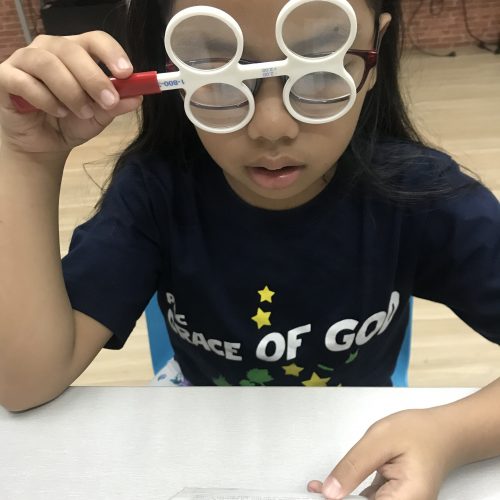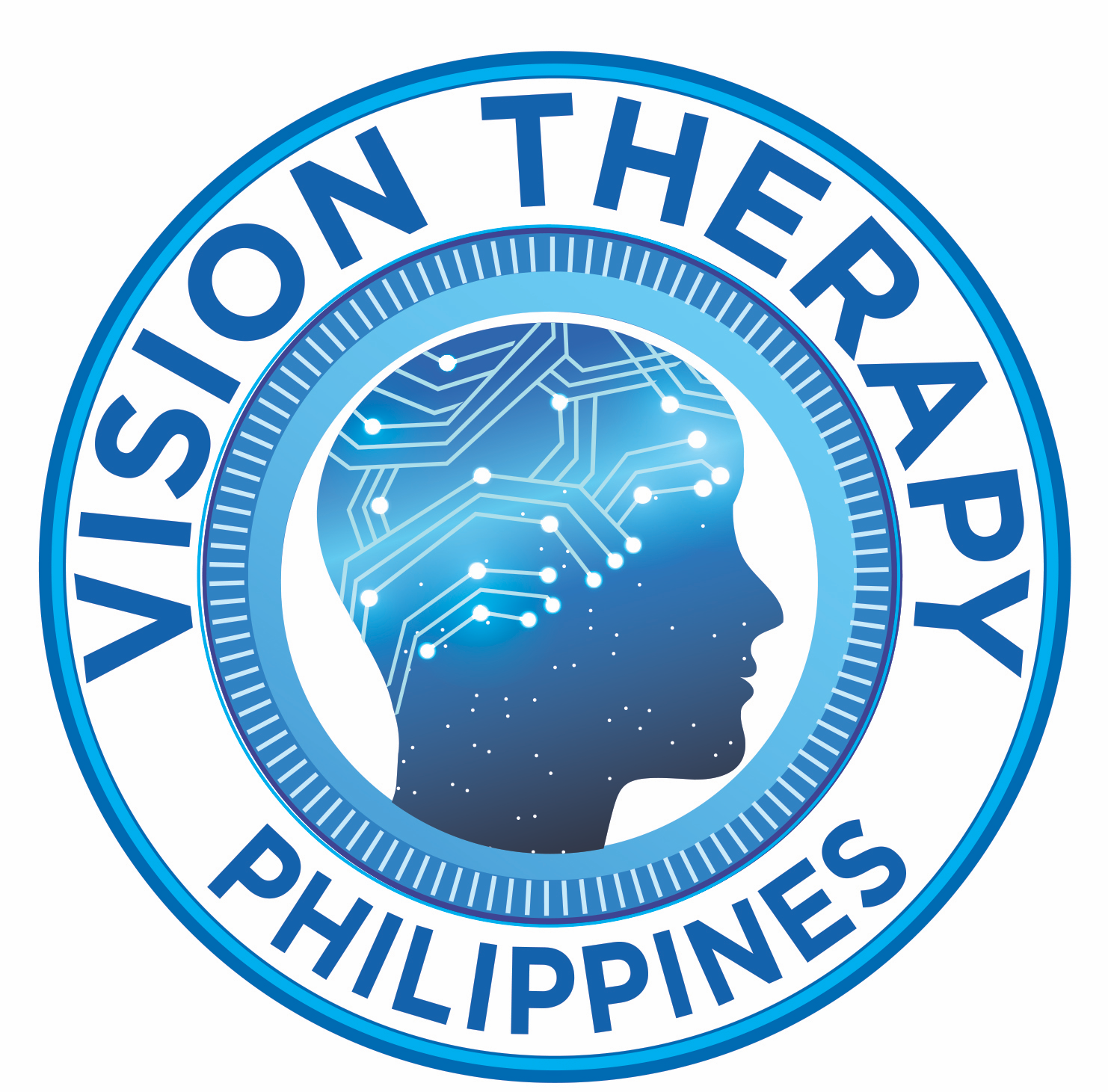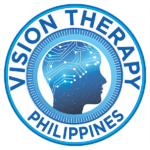Convergence Insufficiency and Double Vision
About
The way our eyes team together and focus directly affects our ability to read, process and understand information. When our two eyes incorrectly team together, to make a single image, symptoms like double vision, headaches, poor depth perception, and tired or sore eyes may occur. Theses symptoms can significantly handicap ones reading and learning abilities and are often linked to a condition known as convergence insufficiency (CI) or double vision.

Details
Convergence insufficiency (CI) is a common condition which causes a difficulty or inability to effectively converge or align both eyes together to perform near oriented visual tasks, like reading or computer work. CI may occur in children and adults. Symptoms often include difficulty reading and concentrating on reading tasks, avoidance of near work, ADD and ADHD characteristics, double-vision (overlapping words) while reading, eyestrain, headaches and rubbing or closing of one eye while reading.
Studies show when children have difficulties reading or learning, their struggles likely link to convergence insufficiency (CI). The symptoms of CI can directly impact reading performance as well as attention and concentration. When children have difficulty
sustaining attention on school work, they can be misdiagnosed with ADD and/or ADHD, when the true source of their struggles is poor vision skills. After vision therapy treatment, reading, attention and other school performance problems dramatically
improve.
Convergence insufficiency doesn’t go away with age. The brain develops some bad habits to avoid the confusion of double-vision over time, but the real problem remains. As technology continues to evolve, our adult work demands increase as most jobs are centered around daily computer work. Adults with CI experience tired eyes and headaches at work, which reduces job performance and makes work unbearable at times. But there is good news! Wow Vision Therapy can correct convergence
insufficiency for patients of all ages!
Treatment
In 2008 the National Eye Institute released the results of a major multi-center research study designed to look at multiple methods of treatment for convergence insufficiency. Based on scientific evidence, the research shows that office-based vision therapy is the most effective and consistent treatment for CI when compared to all other methods, like an exclusively home therapy approach.
We treat binocular vision deficiencies with a personalized approach. With this approach, each session is one-on-one (therapist-to-patient), conducted under doctor supervision. During treatment, our doctors and therapists apply state-of-the-art technology and procedures, making treatment fun and productive. Our advanced approach incorporates coordinated movement, balance, auditory processing and cognitive abilities. After treatment, our patients obtain significantly improved vision, academic abilities, and coordination skills. These improvements empower our patients’, instil a greater sense of confidence, and produce lives that are more productive.

